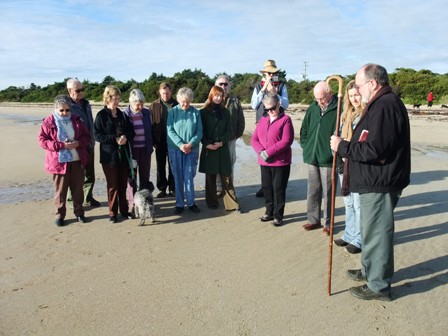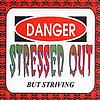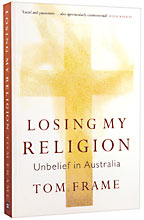Some prayers for Refugees and asylum seekers, (more NCCA info page 5 here)
Ever loving God, when we were once distant strangers you proclaimed peace and brought us near. Help us extend your grace and welcome in word and deed to all around us. Help us to live out the values to which you have called us. Let us not be conformed to the world and behave with selfishness or indifference to the needs of others, but follow the way of your Son, who came not to be served, but to serve. Let our lives and words witness to your grace and love that reach out to the last and the least. Amen.
God bless our eyes so that we will recognise injustices. God bless our ears so that we will hear the cry of the stranger. God bless our mouths so that we will speak words of welcome to newcomers. God bless our shoulders so that we will be able to bear the weight of struggling for justice. God bless our hands so that we can work together with all people to establish peace.
Because God’s loving concern and welcome for the stranger and foreigner (alien) are made quite evident in both the Old and New Testaments (see 1 below), The Salvation Army believes that individuals and nations should respond in a compassionate and humane manner to the plight of displaced persons seeking asylum.
Read the full Salvation Army statement on asylum seekers and refugees .

 Guidelines stress doctors should discuss treatment with their patients
Guidelines stress doctors should discuss treatment with their patients


 Losing My Religion: Unbelief In Australia by Tom Frame is available from
Losing My Religion: Unbelief In Australia by Tom Frame is available from